Yash Chopra

- Born: 27 September, 1932 (Lahore, British India)
- Died: 21 October, 2012
- Primary Cinema: Hindi
- Parents: Vilayati Raj Chopra
- Spouse: Pamela Chopra
- Children: Aditya Chopra , Uday Chopra
Acknowledged as the King of Romance, visionary producer-director Yash Chopra has given Hindi cinema some of its biggest blockbusters over five decades. Redefining drama and romance onscreen, Yash Chopra helped shape and define the idiom of mainstream Hindi cinema across the world. A trailblazer who helped develop the Indian entertainment industry, his film production house Yash Raj Films has played a key role in establishing some of the screen’s biggest talents, including Amitabh Bachchan and Shah Rukh Khan. Starting his film career working for his brother B R Chopra, he made his directorial debut with Dhool Ka Phool (1959). Waqt (1965) was his breakthrough film, winning him instant fame and also his first Filmfare Award. He went on to establish Yash Raj Films, producing more than 40 films - 12 of them as director. His range as a director was considerable. If he directed the iconic stereotype-shattering actioner Deewaar (1975), he also helmed the romantic Daag (1973). From Kabhi Kabhie (1976), Trishul (1978), and Kaala Patthar (1979), to Silsila (1981), Chandni (1989), Lamhe (1991), Darr (1993), and Veer Zaara (2004), his directorials are considered cult classics. His production Dilwale Dulhaniya Le Jayenge (1995), directed by his son Aditya Chopra, is the longest-running film in India. Winner of six National Awards and 12 Filmfare Awards, Chopra was also honoured with the Padma Bhushan (2005) and the Legion of Honour (2008). He is credited with opening the international market to Indian cinema.
Born on 27 September, 1932, in Lahore, British India, into a Punjabi family, he was the youngest of eight children, including B R Chopra, who would go on to become an eminent filmmaker. Studying at Doaba College, Jalandhar, he moved to Ludhiana in Punjab, India, post Partition. Said to be keen on pursuing a career in engineering, it was his interest in films that saw him move to Bombay. In the city, he initially assisted filmmaker I S Johar, and then joined his brother B R Chopra, who produced and directed films. He went on to direct five very successful films for his brother’s banner - B. R. Films. Each film proved to be an important milestone in his growth as a director, from Dhool Ka Phool (1959), Dharmputra (1961), and Waqt (1965), to Ittefaq (1969) and Aadmi Aur Insaan (1969). Chopra also directed Joshila (1973), Deewaar (1975), Trishul (1978) and Parampara (1993) for other film companies.
He explored a range of themes from his earliest directorials. His Dhool Ka Phool was a social drama that revolved around the birth of a child out of wedlock. Dharmputra (1961) was the film adaptation of a novel about the pre-Partition period of India’s history. His Waqt (1965), a critical and commercial success, was India’s first film to feature several major actors, including Sunil Dutt, Raaj Kumar, Sadhana, and Shashi Kapoor. It went on to start a new trend. His Ittefaq was a thriller, depicting the events of a single night. Sans songs or an interval and shot on a low budget, the film starring Rajesh Khanna and Nanda won Chopra his second Filmfare Award for Best Director.
Yash Chopra truly came into his own with the 50-plus films made under the banner he launched – Yash Raj Films. He directed 13 of his productions himself, defining the language of Hindi cinema as we know it with films such as Daag (1973) which is based on English novelist Thomas Hardy’s 1886 novel The Mayor of Casterbridge., Kabhi Kabhie (1976), Kaala Patthar (1979), Silsila (1981), Chandni (1989), Darr (1993), Dil To Pagal Hai (1997), Veer-Zaara (2004) and Jab Tak Hai Jaan (2012).
A Yash Chopra directorial was marked by its abundance of beauty both via scenic locations and gorgeous leading ladies. In fact, he was honoured by the government of Switzerland for promoting that country in his films. More importantly, a Yash Chopra film was firmly anchored in a strong screenplay. His films were further embellished with memorable signature tunes, thanks to Chopra’s impeccable sense of film music. At the core, a Yash Chopra film was invariably a fine exploration of human emotions.
Chopra often picked bold and controversial themes, exploring sensitive topics with depth and feeling. If there was a social message to be imparted, it would be skilfully woven into the framework of commercial cinema, pleasing both younger and older generations worldwide. His first independently produced film Daag was a melodrama about polygamy, starring Rajesh Khanna, Sharmila Tagore and Raakhee. A huge success, it won Chopra his third Filmfare Award for Best Director. He won his next Filmfare for his directorial Deewaar starring Amitabh Bachchan, which became a cult classic. Along with his other Bachchan-starrer Trishul, it set a trend and also established Bachchan’s ‘angry young man’ persona. With his romantic musical Chandni, he created the archetypal ‘Yash Chopra style’ of a heroine-oriented film replete with romance and emotion, set amidst the lifestyle of the elite, complete with melodic songs picturised at foreign locations. Chopra’s Lamhe, an intergenerational musical romantic drama, received critical acclaim, and was one of the biggest Hindi film hits in the overseas market. Picking up a cache of awards, its controversial storyline limited its success at the Indian box office. Regarded as a modern masterpiece, it is considered to be amongst Chopra’s finest films. His directorial Darr, a musical psychological thriller, told the story of an obsessive lover played by Shah Rukh Khan and the lengths to which he goes to, to get the girl who is already happily engaged to another man. His Veer-Zaara narrated the love story of an Indian air-force officer Veer Pratap Singh (Shah Rukh Khan) and a Pakistani woman, Zaara Hayaat Khan (Preity Zinta).
Chopra was also renowned for his keen eye to spot talent. Bringing new acting talent, composers, and singers into the spotlight, his finds invariably shone and went on to scale considerable heights in the industry. To be a part of a YRF film was a benchmark for creative and technical talent, which most invariably aspired to. An actress’s career was often thought to have truly taken off once she had acted in a Yash Chopra film! His films provided a springboard for many actors, including Amitabh Bachchan (Deewaar and Trishul), and Shah Rukh Khan (Darr – 1993), who went on to achieve superstardom in the Hindi film industry.
His pioneering efforts also played a key role in the corporatisation of the Hindi film industry. Given his weighty experience in the business of entertainment, Chopra was also an important spokesman for the film industry for governments and organisations.
Chopra has the distinction of being the only filmmaker to have won the Indian National Film Award for Best Popular Film five times. He was awarded the coveted honour for his films Chandni, Darr, Dilwale Dulhania Le Jayenge, Dil To Pagal Hai, and Veer-Zaara. He also received a number of Filmfare awards, including four wins for Best Director and four wins for Best Film. He was honoured by the government of India with the Dadasaheb Phalke Award for lifetime achievement in cinema in 2001, and in 2005 received one of the government’s highest civilian honours, the Padma Bhushan.
Yash Chopra passed away on 21 October, 2012. He was 80. He was survived by his wife Pamela Chopra and sons Aditya Chopra and Uday Chopra. In his tribute, Prime Minister Manmohan Singh described Chopra as an "icon of Indian cinema", who had entertained many generations "with his rare creativity". Adding that "his flourish to essay romance and social drama was unmatched," the PM said that Chopra had established the international reputation of Indian cinema.
-
Filmography (16)
SortRole
-
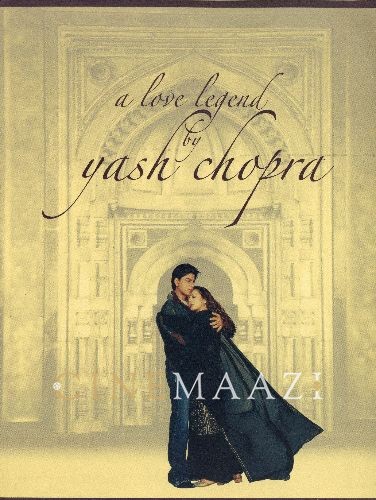
Veer Zaara 2004
-

Dil To Pagal Hai 1997
-
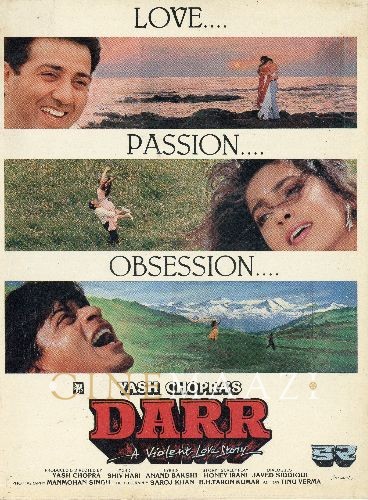
Darr 1993
-
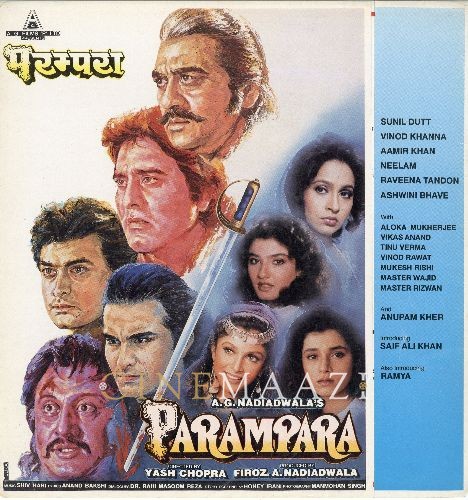
Parampara 1993
-
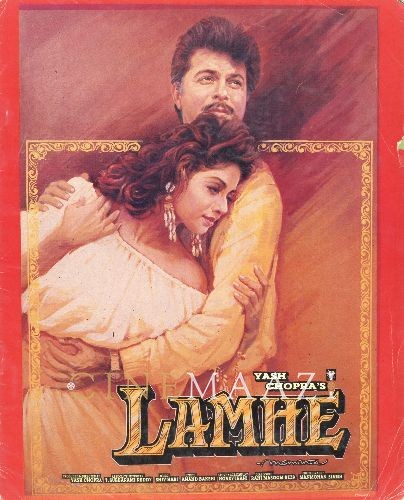
Lamhe 1991
-
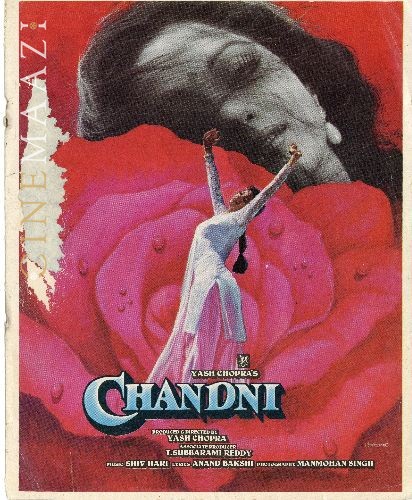
Chandni 1989
-

Faasle 1985
-
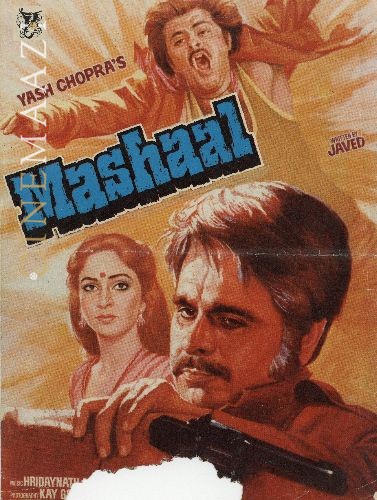
Mashaal 1984
-
Kaala Patthar 1979
-
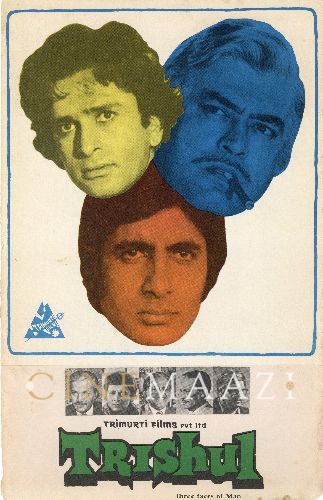
Trishul 1978
-
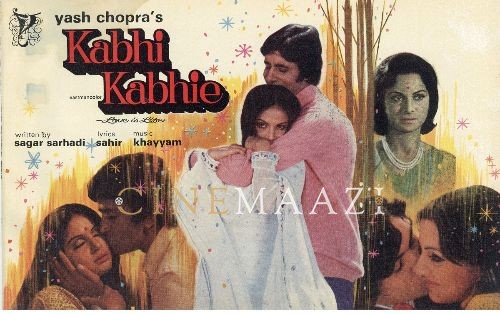
Kabhi Kabhie 1976
-
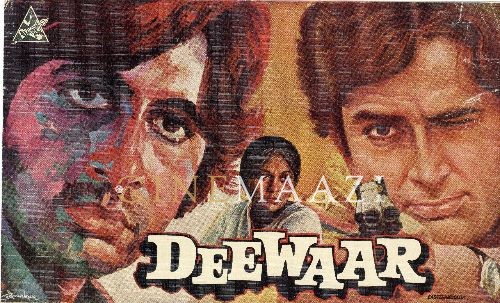
Deewaar 1975
-
-
Awards (2)

Filmfare Awards, 1976
Best Director Award: Deewaar (1975)
Filmfare Awards, 1970
Best Director Award: Ittefaq (1969)



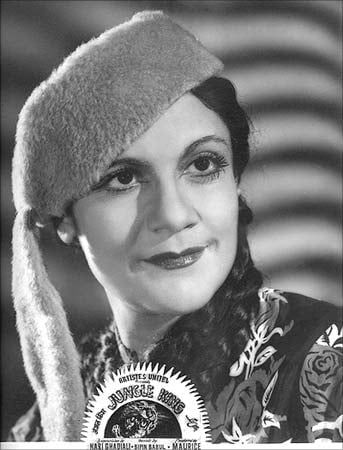

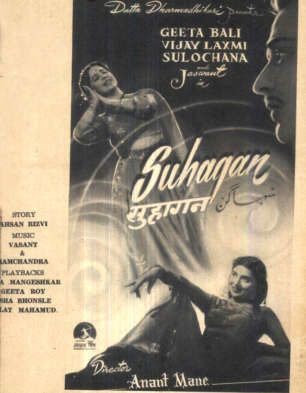

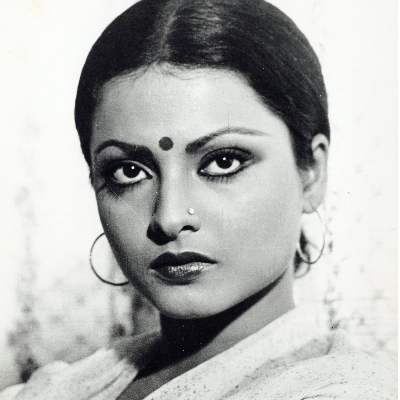
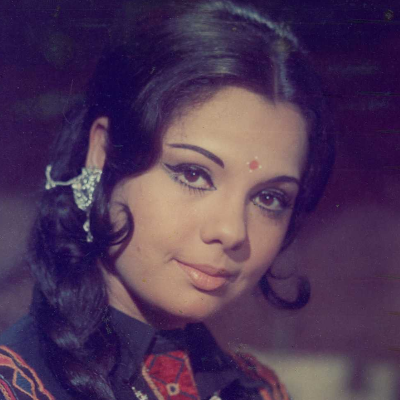

.jpg)


